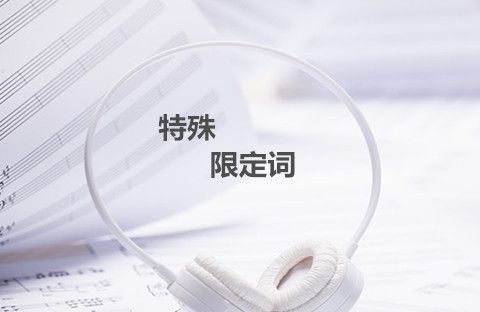洋媳妇与中国婆婆的会面
|
许多人误认为学好外语就会口译了,其实这是一种误解。口译的确的是两种语言的转换,但更重要的是两种文化的转换,每个国家的文化不同,价值观,信仰也不一样,因此如果我们口译时忽视文化因素,可能会造成误会甚至是冲突。试看下面例子: A Chinese mother, Mrs. Zhang, was seeing her son and her American daughter-in-law, Susan, off at the airport. They would fly back to New York. Now Susan was talking with her mother-in-law. Since Mrs. Zhang doesn’t know any English and Susan can speak little Chinese, Susan’s husband had to act as the intepreter for them. Susan: Mrs. Zhang, come to New York if you want. Husband:妈妈,您可一定要来纽约看看。 Mother:不去了,给你们添麻烦。 Husband:Oh, it depends on the physical condition. Susan:Yes, oh thanks for your delicious food, I like them very much. Husband:谢谢妈妈给我们做了那么多的好吃的。 Mother:自家人谢什么。苏珊,你以后可不要再减肥了,身体健康才最重要哪! Husband:It’s my pleasure. Susan, I hope you become even more beautiful. Susan: Thank you! The same to you. Husband:谢谢妈妈,我祝你身体健康。 Mother:啊,谢谢,谢谢! 中国是collectivism(集体主义)文化,晚辈要尊敬长辈,不能直呼其名,但西方是individualism(个性主义)文化,Susan叫公婆“Mrs.Zhang”如果字面翻译成“张女士”,这是不孝的。 减肥与否在西方文化里属于个人隐私,公婆为表示关心和疼爱,叫Susan不要减肥,如果直接翻译的话,会让Susan感到非常恼火的。大家对比一样中英文差别就能体会到儿子把婆媳之间相互的关心和体贴之情都口译出来了,但是丈夫口译时并没有拘泥于语言的形式,而是非常灵活地做了语言转换,否则婆媳矛盾是不可避免的。 |








